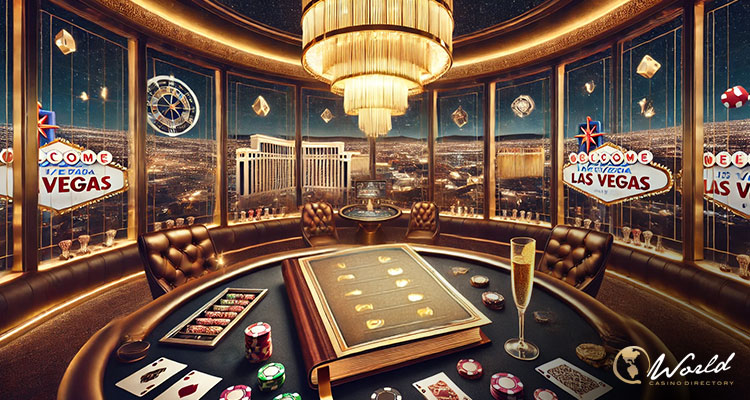The Nevada Gaming Control Board is evaluating updates to regulations governing private gaming salons, marking the first potential overhaul in over two decades. During a recent workshop, industry representatives proposed adjustments aimed at increasing accessibility, enhancing customer experiences, and driving revenue. These changes could reshape how high-end gaming salons operate, reflecting evolving industry needs and global competition.
Nevada reevaluates decades-old gaming salon regulations:
Currently, accessing a private gaming salon requires a financial commitment of at least $300,000, either as a deposit or line of credit. Industry stakeholders argue this threshold is outdated and unnecessarily restrictive. Virginia Valentine, CEO of the Nevada Resort Association, highlighted the need for flexibility, particularly for smaller properties outside Las Vegas. “The $300,000 limit… is a barrier for some properties in Northern Nevada,” she noted, adding that updates would help salons attract a broader clientele.
Ellen Whittemore, general counsel for Wynn Resorts, outlined four key recommendations during the hearing. These include reducing the $300,000 financial requirement, extending the allowable gaming time for salon guests without the patron present, and permitting poker in private salons. A proposal to allow private salons to operate as public spaces when not reserved was also presented, with Whittemore emphasizing that clear signage would guide guests to these areas.
“Licensees should be able to convert their private gaming salons to public gaming salons irrespective of the location,” Whittemore stated. She explained that this flexibility could attract diverse visitors, including those seeking more exclusive and secure environments away from the bustling casino floor.
Allowing poker in private gaming salons also emerged as a priority. Current regulations do not explicitly prohibit poker, but questions remain about its inclusion as a table game. Whittemore argued that this change would cater to the growing demand for high-stakes poker games while encouraging incremental spending on accommodations, dining, and retail.
Additionally, extending the six-hour gaming limit for salon guests without their patron’s presence to 24 hours was proposed. Whittemore explained this adjustment would enable salons to remain operational and profitable even in the patron’s absence.
Industry and regulatory support:
Charlie Stone, Wynn Resorts’ executive vice president of casino operations, emphasized the importance of these changes in attracting high-net-worth individuals, athletes, and celebrities. “The ability to make private gaming salons public when not in private use offers a new amenity and experience that can drive loyalty for a lot of guests coming to Las Vegas,” Stone said, CDC Gaming reports.
Board members expressed general support for the proposals. Member George Assad criticized the existing $300,000 threshold as outdated, warning that Nevada risks losing high-end players to international competitors like Macau and Dubai if it does not modernize.
Chairman Kirk Hendrick indicated that regulatory adjustments, rather than legislative action, might suffice to implement the proposed changes. He encouraged industry stakeholders to provide feedback on regulatory drafts and emphasized the importance of clear signage and robust security measures for public access to gaming salons.
Nevada’s gaming industry faces increasing global competition, necessitating innovative approaches to retain its edge as a premier destination for high-stakes gambling. By revisiting the regulations governing private gaming salons, the state aims to balance exclusivity with accessibility, catering to both traditional high rollers and a broader spectrum of patrons.



